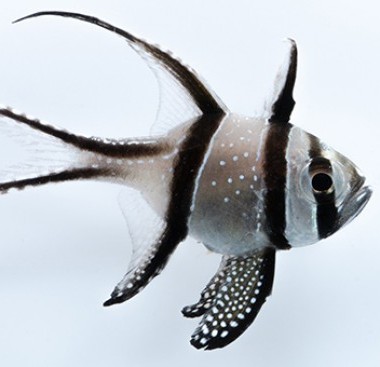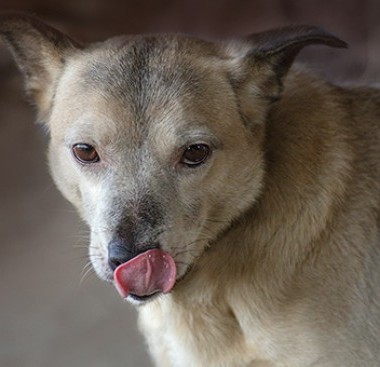CDC TIGHTENS RABIES VACCINATION RULES FOR IMPORTED DOGS
By: Staff Date: 09/7/2007 Category: | Animal Legislation | Canine Issues |
The US Centers for Disease Control tightened rabies vaccination regulations to prevent unvaccinated puppies from entering the country. The new rule requires that importers confine all puppies that are too young to vaccinate until they reach three months of age, vaccinate them, then hold them for an additional 30 days while the vaccine produces antibodies against the disease.
Dogs arriving from countries where there were no reported cases of rabies in 1999 are exempt from the regulation. However, many of the street dogs coming to US shelters and many foreign-bred puppies shipped to this country for commercial sale come from the 100 or so countries that have reported rabies cases. Mexico, a source of many strays entering the US, is considered a high rabies area.
The rule went into effect on July 12. It expands previous coverage that still requires all dogs entering the country be vaccinated against rabies at least 30 days prior to arrival or confined for 30 days following vaccination upon entry. This rule did not specify that the importer would be the responsible party.
NAIA welcomed the regulation change that allows tighter controls on dogs imported from countries and territories where rabies is a problem.
"Rabies in dogs has been declining in the US," said NAIA president Patti Strand. "This rule change will help keep the incidence low by placing needed restrictions on the importation of street dogs from foreign countries and territories and the influx of commercially-bred puppies from Eastern Europe.
"NAIA wrote about these imported dogs as early as 2000. We're pleased that our investigation has encouraged CDC to make this much-needed change."
In 2000, Strand wrote "Redefining pet overpopulation: The no-kill movement and the new jet-setters," a groundbreaking article focused on the importation of street dogs to fill shelters in northeastern and northwestern cities. That article reported:
"... a significant public health risk is posed by the mass importation of animals from countries where standards of veterinary medicine are not as high as they are in the US and where diseases and parasites that are not found here currently may be endemic. Significantly, the dogs that are being imported are not pets from private homes but strays from the streets, the most likely reservoirs for parasites and diseases. Worse, we're bringing them into communal shelters where they are most likely to pass on whatever diseases or parasites they have to other companion animals. Some diseases and parasites pose serious health risks for human health as well as for dogs."
That serious risk became obvious when a puppy imported from Puerto Rico by a Massachusetts shelter came down with rabies. The puppy was too young to vaccinate. Several members of the shelter staff underwent rabies prevention treatment as a result.
In 2002, NAIA followed up with a further examination of the import phenomenon in "Humane or Insane: Importation of foreign stray animals into US shelters threatens health, sustains 'overpopulation.'"
In that article, Strand noted:
"Dogs are a leading vector for rabies in many poor countries. Currently, the only thing required for a dog to enter the US is a health certificate and proof of a rabies shot. Given the incubation period for rabies, from five days to several years, with 20-60 days being the norm, unquarantined importation of street dogs from poor countries with low rates of vaccination for rabies is a disaster waiting to happen."
At the same time NAIA was investigating the importation of street dogs into US shelters, we heard reports of pet stores selling puppies and kittens bred in Eastern European and Asian kennels. The article "Is Russia the new czar of kitten and puppy mills??" covers this trend.
About The Author
All Authors Of This Article: | Patti Strand |












